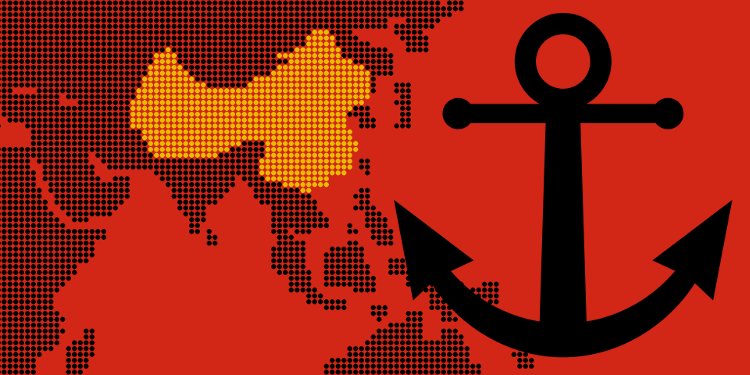The big question surrounding the time of North Korea’s end will be logistics. It won’t be about tactics or the “most diplomatic-surgical way” to end the volatile regime. While the scene is that of the super villain who has strapped himself into a chair, booby-trapped with trip wires and armed with explosives, even more important things are going on. Large-scale powers don’t think about micro-tactics, they think about logistics. And, logistics are shaping-up.
Social energy is one important logistic. The people of nations involved must see a viable path to support certain action. Navies in the region are burning up tax dollars, something that can’t continue forever. Taiwan is itching for recognition in the world and the world itches for Taiwan to be recognized—and Taiwan is making much more progress than in years past. Then, there is trust.
From a PR perspective, China is failing. But, from a spying perspective, China has turf to defend. China’s isolationist policies may seem anti-free speech to the West, but China sees spies to catch and leaks to plug. Trump doesn’t like leaks either. Spies are dangerous. China is willing to kill them while Americans publicly oppose executions while secretly wishing the deaths of their daily enemies. China’s execution and imprisonment of CIA spies caught during the Obama years is very understandable. But, the American public won’t see it that way.
This week, a huge ramp went up to alert the public to “news” that is anything but. China caught and executed CIA spies long ago. It didn’t matter until now, when social support is an important calculation with logistics of war. That explains the Pentagon statements and the newspaper trends in America as well as Europe and Australia. The Western public is being rallied against China. That is significant.
Then, there is China’s image with the Koreas. China won’t be too hard on North Korea. China is banning South Korean travel because it doesn’t like the US presence in South Korea. That’s understandable, but not to the pop star fans in South Korea or the United States. When South Korean pop stars tour the US, more young people in the US will become aware of the issues. China could have stopped it, but Beijing still struggles to understand the Western mind. The Korean pop star fans in China might start struggling to understand Beijing’s mind, at least more than in the past. When you turn people away, they don’t just go home, the go elsewhere. That’s not easy to comprehend when you’ve always gotten what you want and always been told what to want to hear. Whatever China’s problems are or are not, the travel bans make China look worse than it deserves.
The real crime was the Shakespearian “fatal flaw”: China didn’t understand the West well enough. In a world of growing alliances between sovereign nations, that is an unforgivable sin as far as gravity is concerned. And, with gravity, mercy is too lacking and pain always greater than it should be.
But, all is fair in love and in war.

